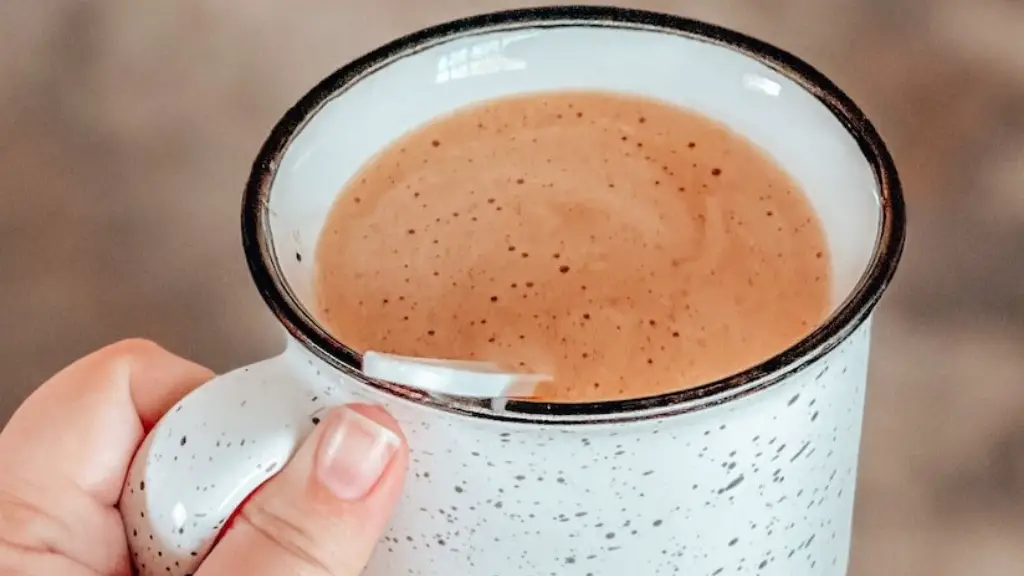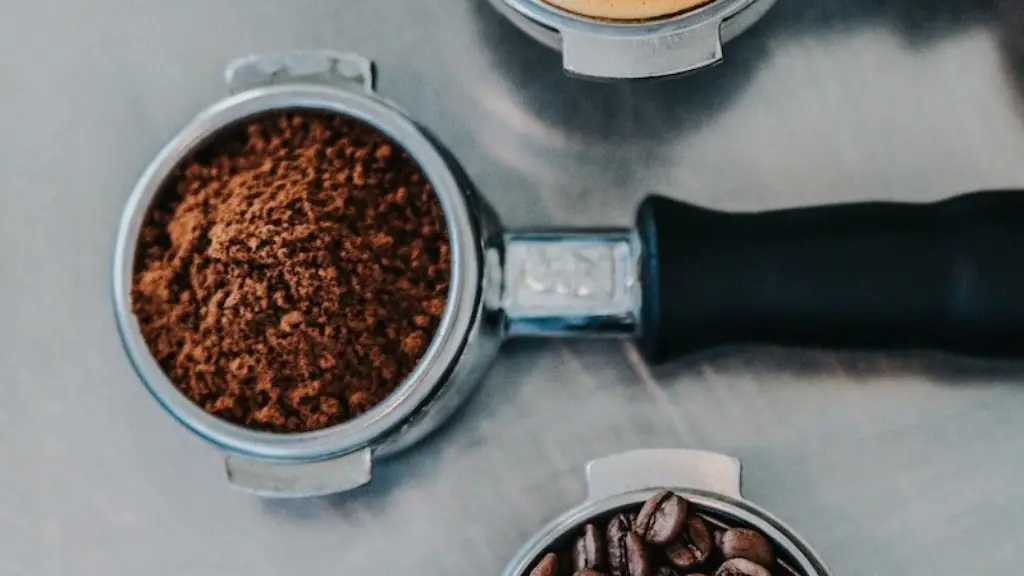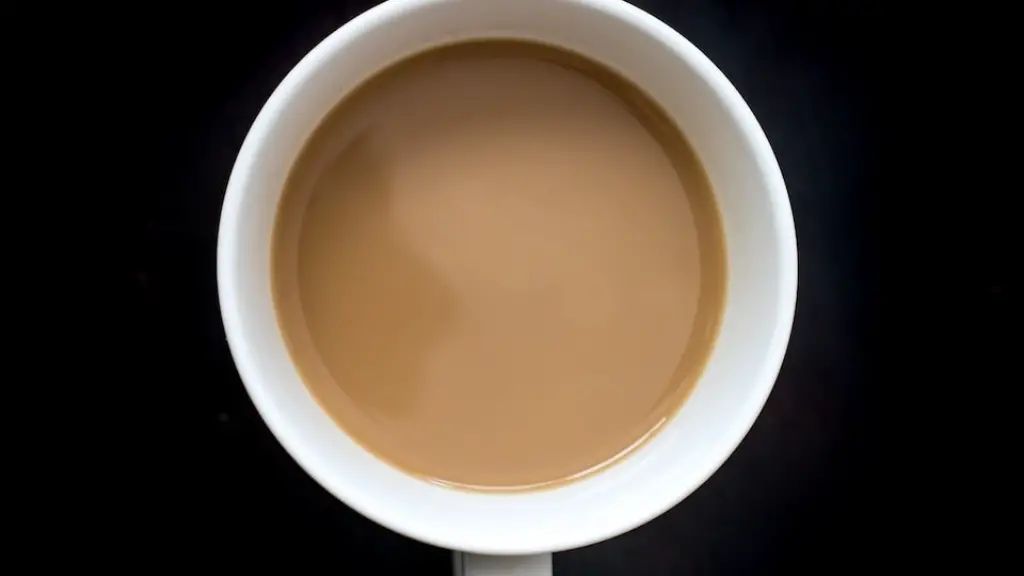People everywhere know about coffee and its energizing effects, but are you drinking too much of it? Recent studies suggest that too much caffeine can have a number of health risks, but it’s important to understand what qualifies as “too much” when it comes to caffeine consumption in order to make the best choices for your health.
The Mayo Clinic advises adults not to consume more than 400 milligrams of caffeine per day. Most 16 ounces coffees contain approximately 180 to 240 milligrams of caffeine. Generally speaking, consuming more than three to four cups per day can start to put you at risk of developing caffeine sensitivity or other health related issues. However, this can vary based on body size, age, and individual reactions.
Drinking excessive amounts of coffee can lead to an increased heart rate, jitters, anxiety, headaches, insomnia, and more. While these symptoms typically disappear when the consumption of caffeine stops, an individual’s sensitivity to caffeine means this consumption can also lead to more serious health issues in the long run.
There are usually warning signs that a person is drinking too much coffee. Feeling highly energized after a cup or two of coffee along with feelings of anxiety, insomnia, and rapid heartbeat can be signs that a person has exceeded their personal caffeine threshold. Exceeding this threshold can have serious longterm health effects and should be monitored.
In addition to understanding an individual’s personal caffeine intake threshold, it’s important to understand that the beverage itself dictates the amount of caffeine in the drink. For example, an espresso contains much more caffeine per fluid ounce than an Americano. It is important to know the amount of caffeine in the beverage in order to make responsible choices when drinking coffee.
To reduce caffeine intake, experts recommend drinking non-caffeinated beverages as alternatives to coffee. Natural drinks such as green tea and fresh fruit smoothies allow individuals to enjoy the same level of satisfaction with reduced caffeine. For those that seek the caffeine boost, cutting back to one or two cups per day will serve to reduce both short-term and long-term risks associated with excessive caffeine consumption.
Alternatives to Caffeine
When looking for alternatives to coffee, there are numerous natural drinks that can provide an adequate daily boost without the excessive caffeine. The amount of caffeine in coffee varies from bean to bean and from brew to brew, but natural drinks can also provide individuals with the same level of satisfaction and boost that coffee provides. Turmeric-based drinks, hot lemon water, sparkling water, and other natural drinks are popular options that can be consumed to provide the same boost as coffee, with reduced caffeine.
In addition to natural drinks, there are a number of herbal teas that are excellent alternatives to coffee. These tea blends contain naturally occurring caffeine, but are formulated with other plant-based ingredients to provide a more balanced and moderated caffeine experience. These blends have been known to have a calming effect that can greatly help people manage stress and anxiety.
Another great option for coffee drinkers looking to reduce their caffeine intake is to switch to a decaffeinated variety of coffee. Decaffeinated coffee is made using a process that removes a majority of the caffeine from the beans, reducing the overall caffeine content of the beverage. This can be an excellent way to enjoy a cup of coffee without the guilt or the negative health effects.
Finally, individuals can also reduce their caffeine intake by opting for cold brew coffee instead of hot coffee. Cold brew contains much less caffeine than hot coffee. Additionally, cold brew coffee can be a healthier option compared to other coffees, due to the low-acid content.
Should One Stop Drinking Coffee?
Moderate consumption of coffee is typically considered safe and healthy, but it is important to know your own body and pay attention to how much caffeine you are consuming. Many people find they function better throughout their day with the occasional cup of coffee, or that when the day gets particularly hectic, a cup or two can help them maintain focus and keep productivity up. In moderation, caffeine can provide a number of benefits, and for those experiencing increased anxiety or other negative effects, simply reducing intake can have a positive impact.
At the end of the day it is up to each individual to listen to their body and regulate their caffeine consumption to maintain a healthy lifestyle. If individuals feel that their caffeine consumption has gone beyond their comfort zone, reducing it will help to alleviate the symptoms of excessive caffeine consumption and help them to find a healthier balance.
Caffeine Addiction
Withdrawal symptoms, physical dependence, and psychological dependency qualify certain cases of caffeine consumption as addiction. Addicted individuals tend to experience an abnormal dependency on caffeine in order to produce, increase, or sustain energy levels. This goes beyond the typical cup of coffee in the morning, and any sense of enjoyment is replaced with the need to take in more and more caffeine to feel energized.
Some of the characteristics of caffeine addiction are needing more and more caffeine to feel awake, consuming caffeine every few hours, irritability when regular coffee dose is interrupted, and extreme fatigue without coffee. Additionally, many individuals who drink coffee tend to rely on it for longterm energy boosts and rarely take breaks from coffee, which could possibly lead to an addiction.
If individuals feel they are beginning to develop an addiction to caffeine or are having trouble controlling their intake, there are a few steps they can take. Avoiding caffeine in the afternoon and creating good sleep habits can be a starting point to managing caffeine addiction. Additionally, finding alternatives to coffee such as herbal teas or decaffeinated coffee can greatly reduce an individual’s intake of caffeine.
The Benefits of Caffeine
Despite the potential risks associated with excessive caffeine consumption, moderate amounts of caffeine in the form of coffee provide numerous benefits. Research has shown that coffee can boost mental focus and performance, increase energy levels, and protect against some diseases related to aging and heart health.
Coffee consumption has also been seen to reduce the risk of type 2 diabetes, Parkinson’s disease, and certain types of cancer. Studies suggest that drinking between one to five cups of coffee per day can improve cognitive performance, focus, and alertness. Lastly, the antioxidants present in many cups of coffee can help reduce the risk of heart disease.
It should be noted that the benefits of drinking coffee come from moderate consumption and depend on individuals’ personal bodies, genetics, and tolerance for caffeine. Excessive consumption, on the other hand, can have serious health risks and lead to health issues in the long run. Consuming more than three to four cups of coffee per daymay be too much for some people, and it is important to recognize signs of potential addiction or health risks associated with caffeine to maintain optimal health.
Dangers of Excessive Caffeine
Excessive caffeine consumption can lead to various health issues such as anxiety, headaches, increased heart rate, nausea, jitters, and insomnia. However, an individual’s sensitivity to caffeine means this consumption can lead to more serious health issues in the long run, such as heart palpitations, increased blood pressure, and increased risk of cardiovascular disease and stroke. Additionally, consuming too much caffeine can also lead to a body’s dependency on the drink, making it harder for an individual to stop drinking it or drink it in moderation.
Broadly speaking, it is advised to limit consuming more than four cups of coffee per day. Any more than this may put an individual at risk of health problems, and should be monitored. In addition to understanding a person’s personal caffeine threshold, it is important to be aware of the amount of caffeine in the drink. This can help to make responsible choices when consuming coffee.
Managing Caffeine Intake
Managing caffeine intake is highly important and can help to alleviate the symptoms of excessive consumption of coffee. For those that need a caffeine boost but are looking to reduce their consumption, there are a number of alternative natural drinks and herbal teas that provide a more balanced caffeine experience. Additionally, drinking decaffeinated coffee or opting for cold brew can be an excellent way to enjoy coffee without the guilt or the long-term health issues associated with too much caffeine.
Ultimately, individuals must understand their own caffeine thresholds to make educated decisions and maintain a healthy lifestyle when it comes to consuming coffee. If a person is feeling any negative effects from caffeine, it is important for them to recognize these signs and take the necessary steps to reduce their intake. Doing so will ensure individuals enjoy the energy and focus-oriented benefits of coffee without any of the negative health risks associated with too much caffeine.





